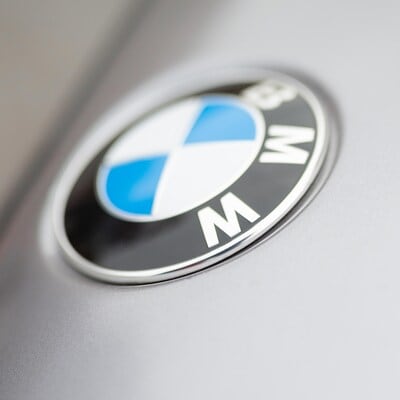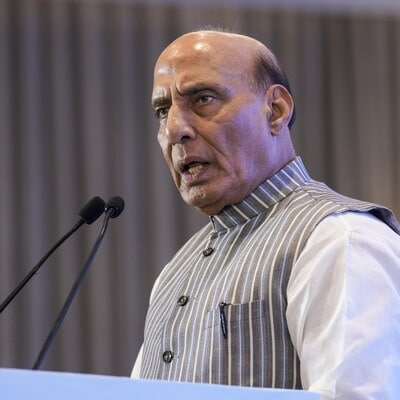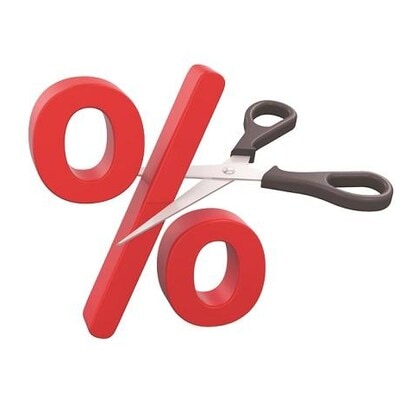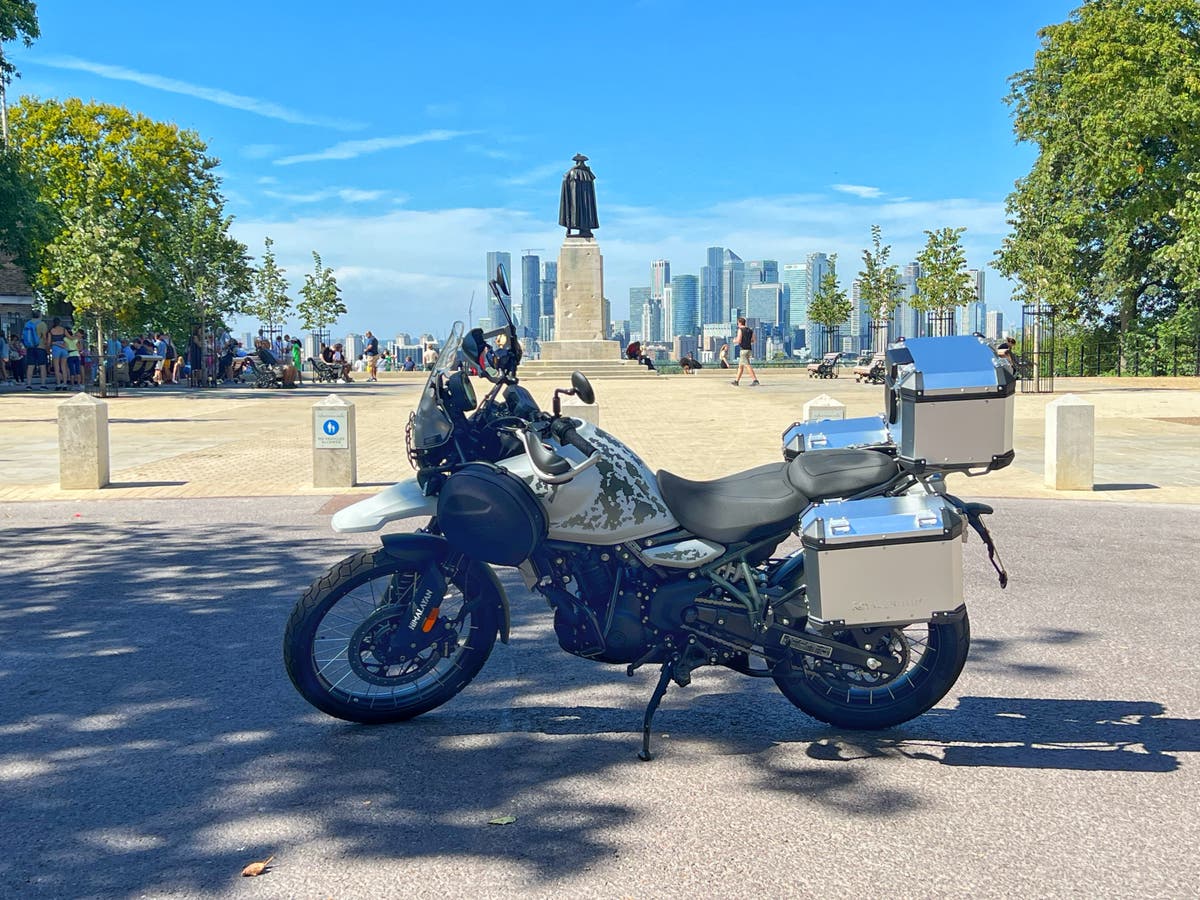German luxury car maker BMW India aims to double the share of electric vehicles (EVs) in its portfolio from the current 7 per cent to 15 per cent by next year, driven by a strong product lineup, growing EV sales, and expanding charging infrastructure, a senior company executive said.
Moreover, more than 60 per cent of the buyers for its electric iX1 or X1 are first-time luxury buyers. The German automaker revealed that the BMW i7, in particular, has been a popular choice among Indian consumers, accounting for 40 per cent of 7 Series sales. Currently, the 7 Series accounts for 17 per cent of the company’s revenue.
Speaking on this, Vikram Pawah, president of BMW Group India, stated, “We’re aiming to reach 15 per cent penetration by next year, depending on the market conditions. Looking ahead, I believe we are going to maintain our 50 per cent market share in the luxury EV segment, or even increase that.”
BMW Group India has achieved its best-ever year-to-date car sales, with a 10 per cent growth in the first nine months of calendar year 2024. A total of 10,556 cars (BMW and MINI) were delivered, along with 5,638 BMW Motorrad motorcycles. The growth is driven by high demand for long-wheelbase models like the BMW 3 Series, 5 Series, and 7 Series, as well as continued leadership in the luxury electric vehicle segment, led by the BMW i7.
BMW has delivered over 2,500 EVs cumulatively, as they have a range of seven electric models available in the market. They delivered 725 EVs in the first nine months of this year. In the first nine months of 2024, the group enjoyed a 41 per cent market share in the luxury electric market; however, in September, they increased this to 50 per cent.
Currently, BMW India offers seven electric cars and two bikes in its portfolio. The company plans to introduce 10 to 12 new products next year, but details on how many of those will be electric vehicles have not been disclosed.
To support the growth of the EV market in India, BMW India is advocating for a green tax structure, as this would provide incentives for consumers to adopt electric vehicles and reduce their carbon footprint. A green tax would differentiate between vehicles based on their emissions levels, with lower taxes for electric and hybrid vehicles.
“In an ideal situation, we should have a ‘green tax’—a green GST. The greener the car, the lower the tax. With that kind of gradient, people will naturally choose and migrate towards greener cars,” said Vikram Pawah. “I’ve always said this and openly requested the government to consider a green GST regime. It would benefit us more than taxing based on the size of the car or engine. Instead, it would align with our goal as an economy to become carbon neutral.”
The company is also focusing on charging infrastructure, as they invest in a comprehensive network of charging stations. This includes home charging solutions, dealer network charging, and destination charging at key locations. The company aims to make it convenient for EV owners to charge their vehicles anywhere.
“With 250 destination chargers being installed by the end of this year, we are ensuring that customers have easy access to fast DC charging across the country,” Pawah added. “This seamless integration of charging facilities is designed to eliminate range anxiety, which remains a significant concern among potential EV buyers.”
In addition to its EV strategy, BMW India is also focusing on expanding its overall market share by tapping first-time luxury buyers.
BMW Group India also launched the Infinity Cars’ Retail.NEXT showroom in Mumbai, where customers will find all three brands—BMW, MINI, and Motorrad—together in one dealership. This new concept houses all brands under a single roof and provides a more lavish, lounge-like experience.
This launch signifies the beginning of a nationwide rollout, with all 56 BMW dealerships spread across 33 cities in India slated for an upgrade to the Retail.NEXT format by 2026. The total investment for this project is estimated to be Rs 365 crore over three years.
First Published: Oct 04 2024 | 7:07 PM IST













Leave a Reply